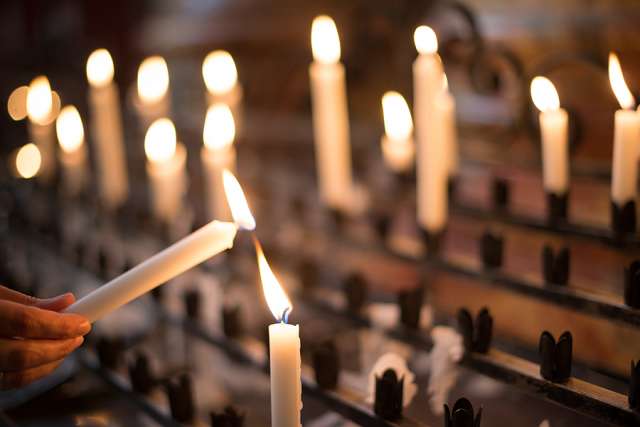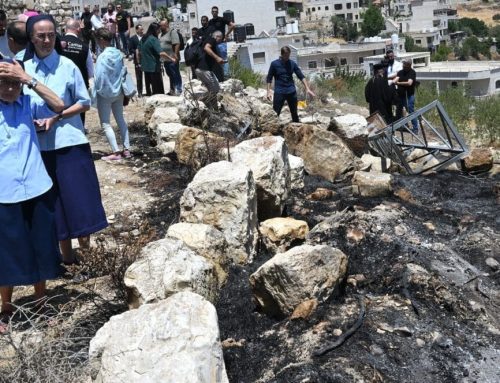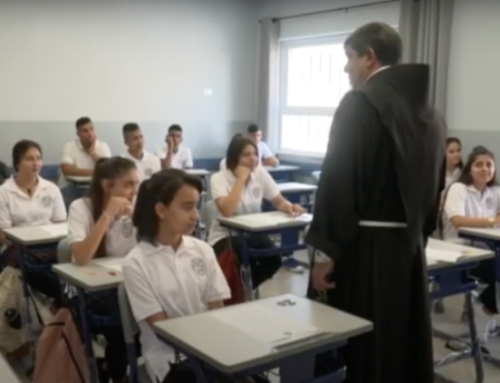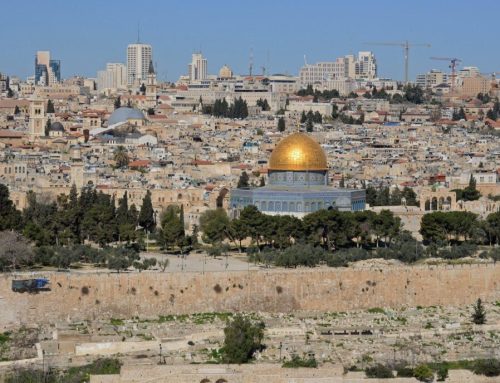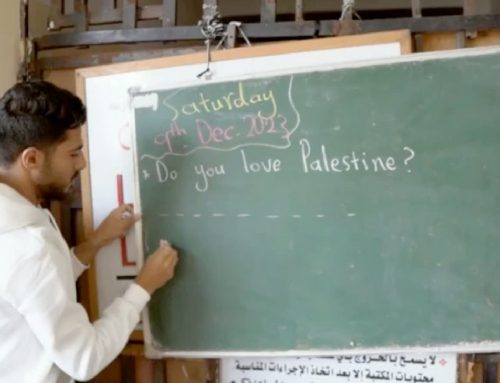– Church leaders have expressed anxiety over a Kurdish vote for independence in a recent referendum, saying Kurdistan’s decision to split from Iraq could prompt more conflict and uncertainty in a region that has already faced immeasurable suffering in recent years.
Despite signs of hope in Iraq, “there is still much of uncertainty and danger that threatens the region,” Patriarch Louis Raphaël Sako, head of the Chaldean Catholic Church, said at an international conference Sept. 28.
Tension has been building in Iraq this week, as the semi-autonomous Kurdish region in northern Iraq, voted on Monday to separate from Iraq. The vote will initiate a process of negotiation between Iraq and Kurdistan, which Kurdish leaders say will lead to the region’s independence.
The Sept. 25 referendum has been opposed by the central government in Baghdad – calling it illegal – as well as by neighboring countries, such as Turkey and Iran. But in a poll Sept. 25, Iraqi Kurds voted overwhelmingly in favor of the separation from Iraq.
“The referendum of Kurdistan, toward independence from Baghdad, is creating an escalation of tension between the two governments and we can almost hear the beats of war drums,” Sako said.
Speaking in Rome at an international conference hosted by the pontifical charity Aid to the Church in Need, Patriarch Sako said that the referendum has given rise to new fears for Christians in Iraq.
“Today, our people are living with fear of being engaged in another war, which means more chaos, more bloodshed, destruction and refugees,” he said.
“They are concerned about stability, security and worried about going back to live with daily crimes of robberies, gang rapes, torture and murder of Christians that has become so common.”
Patriarch Sako said that if the confrontation leads to violence between the two sides, Christians and minorities, whose full rights are not acknowledged by either government, will be caught in the crossfire.
This will “certainly result in another exodus of Christians from their homeland,” he said.
“We must clarify: if there will be a new military conflict in Iraq, the consequences will be a disaster for everyone, Christians and minorities will once again pay the highest price.”
The displacement and migration of Christians has a hugely negative impact on the country and this is the main concern, he said. Christians vanishing from Iraq is an “irreplaceable” loss.
But for now, the future is uncertain: “the question remains,” he said, “what is next?”
Also present at the conference was Archbishop Alberto Ortega Martin, apostolic nuncio to Iraq and Jordan, who gave a keynote address on the current situation on the ground in Iraq.
In his speech, Ortega also voiced anxiety over the consequences of the referendum and the backlash the vote has received from various international leaders.
“The Baghdad government, as was foreseeable, opposed this initiative by considering it illegal and against the constitution and is now taking countermeasures,” he said. However, authorities in surrounding countries such as Turkey and Iran have also condemned the vote, threatening to “take measures” against Kurdistan.
“Many other countries have asked to suspend or at least postpone the initiative,” he said, noting that the referendum vote has added to uncertainty in the region by causing “tensions and controversy.”
Referring to positions taken by both the United Nations Office for Iraq and its Secretary-General, Ortega highlighted the “inappropriateness” of the referendum in the country’s current political and social climate, and echoed the U.N. office’s desire for both the Kurdish government and the central Iraqi government to “resolve open issues through dialogue and negotiation.”
In a session with journalists after the conference, Sako said Iraqis must “find a way of living together.”
Right now “there is a mentality of violence (and) the people are already tired,” he said. “So we need to help the people think in a new way.”
“Before rebuilding houses with stones we have to rebuild the person,” the patriarch said, noting the fear among Iraqi Christians that the referendum “will create problems between the central government and the Kurdish government.”
“Tensions are already very high and the people are afraid,” he said. He called on the international community to take responsibility in assisting the central government and the Kurdish government “to push the two to have a serious, courageous dialogue to find a solution.”
“Everyone is waiting. What will happen tomorrow? Will there be a new war or not? Will there be peace? They don’t know,” Sako said. “Everyone is waiting, waiting with fear, without certainty.”
Source: Catholic News Agency

